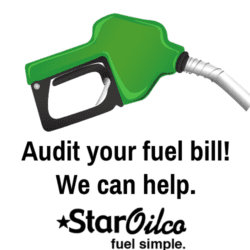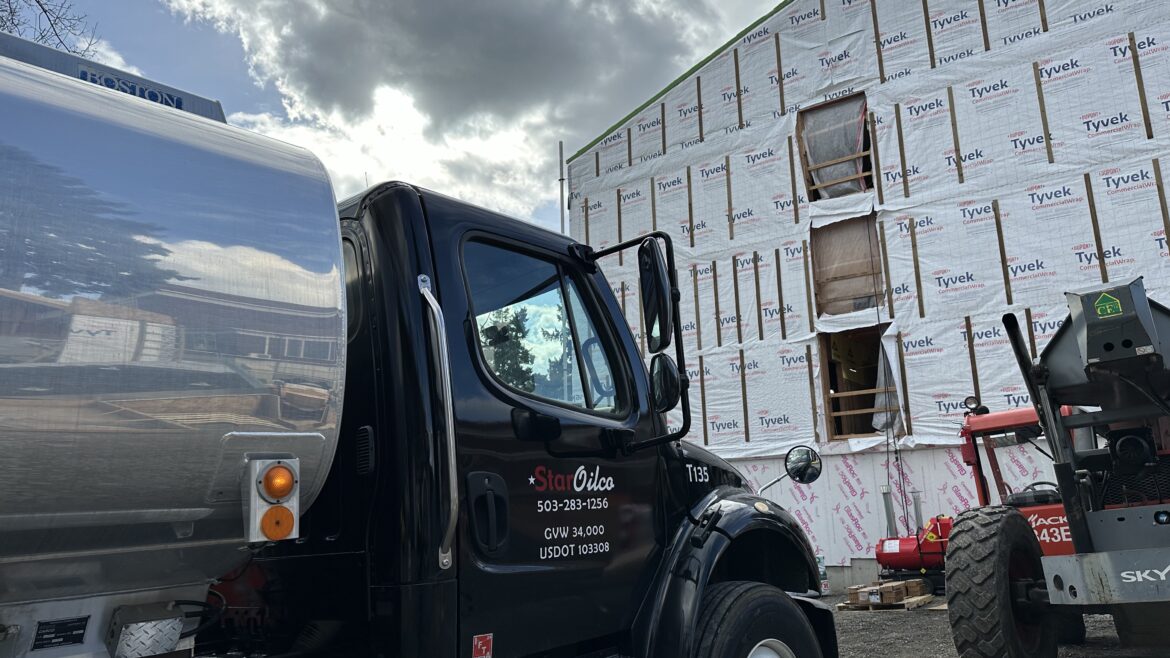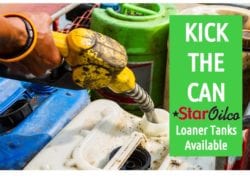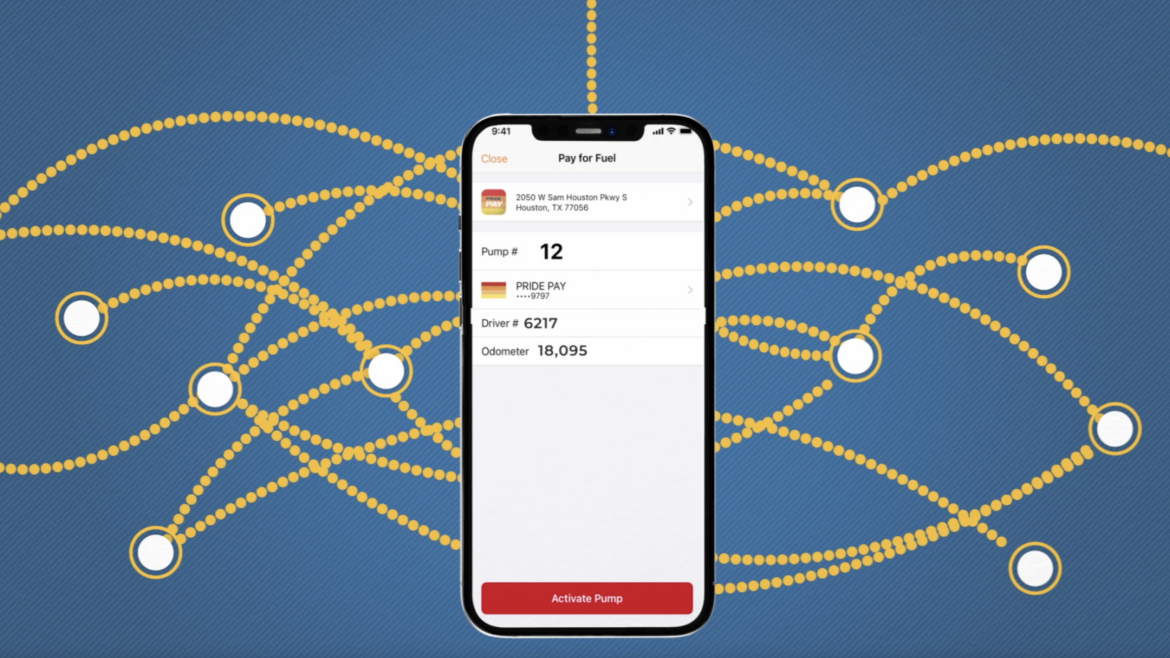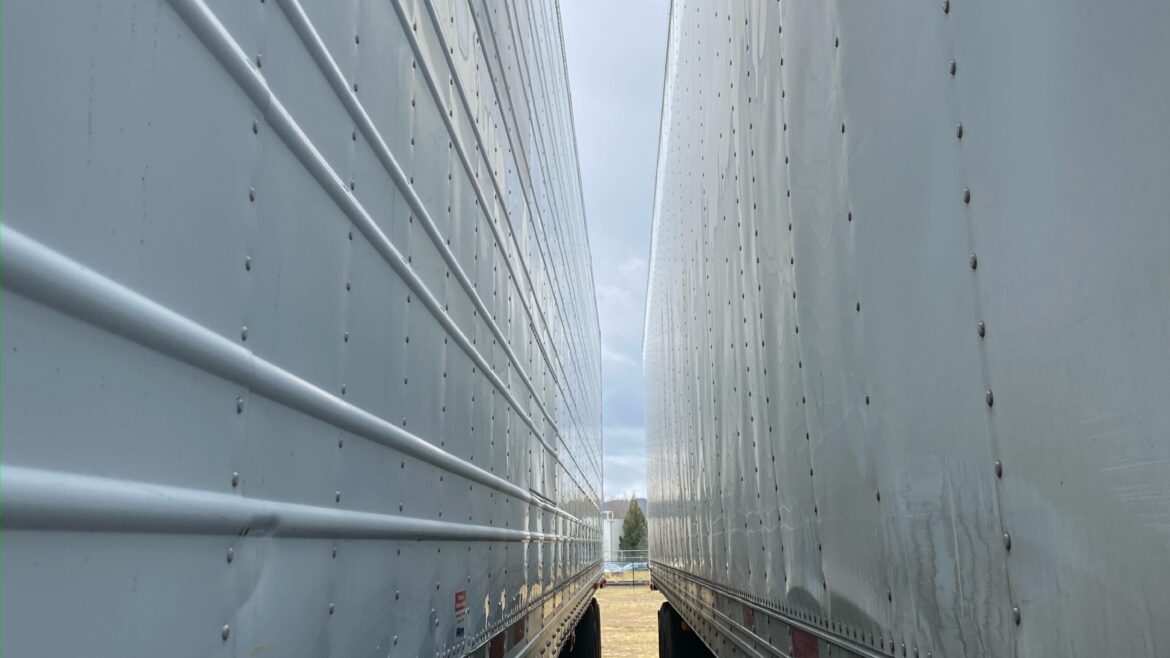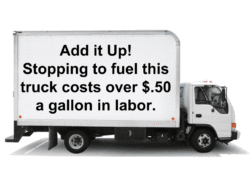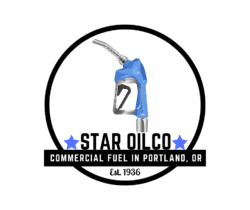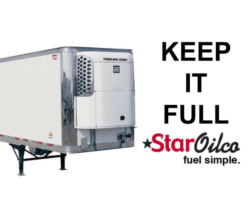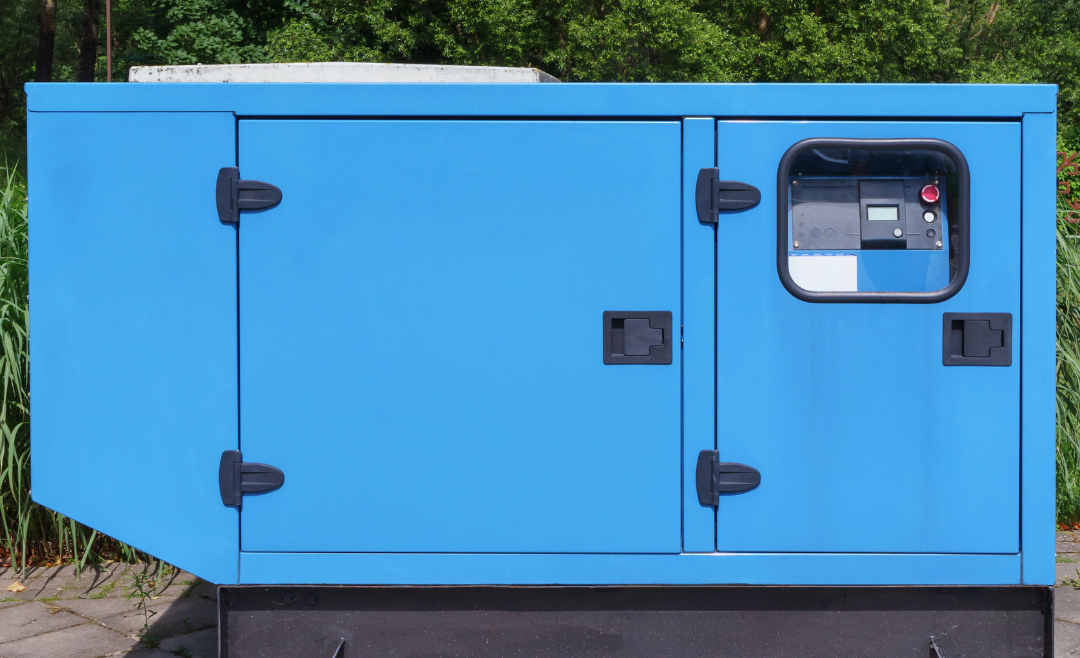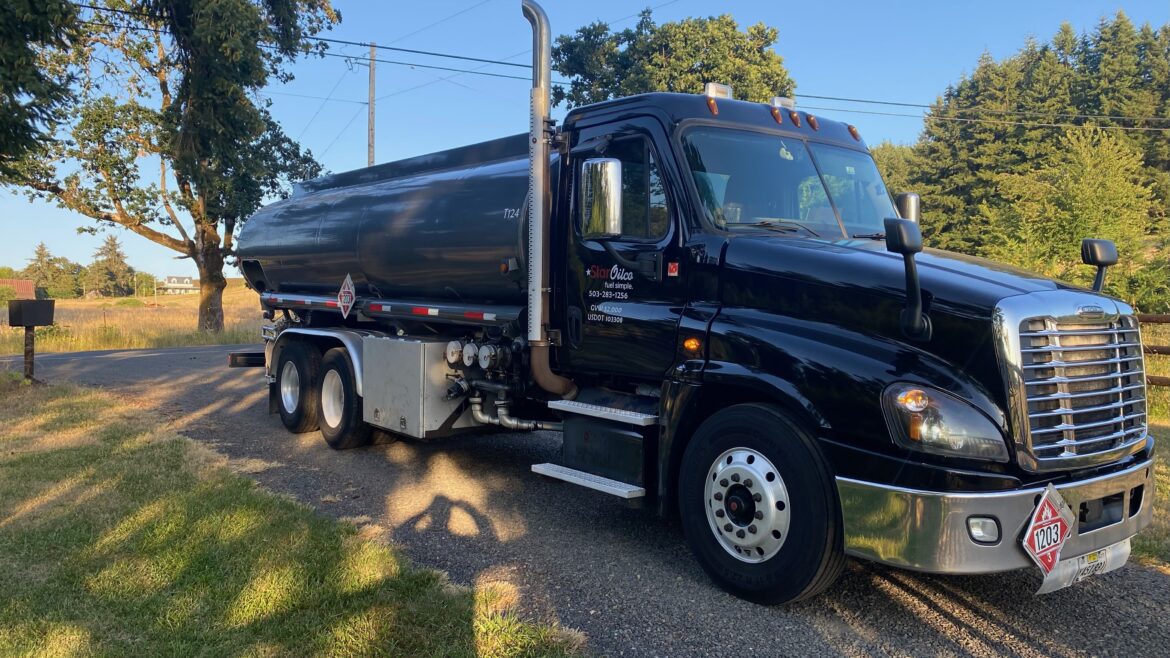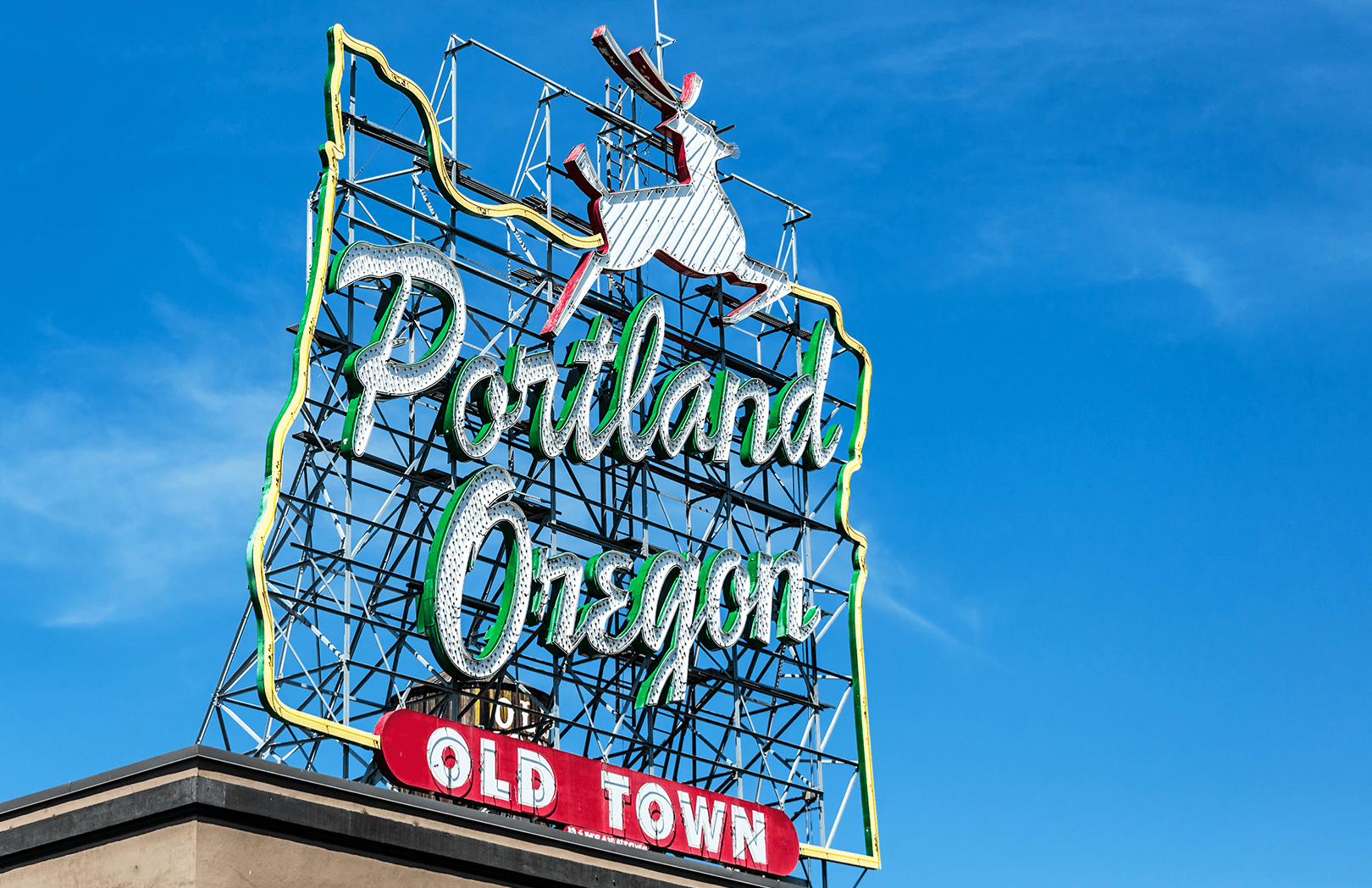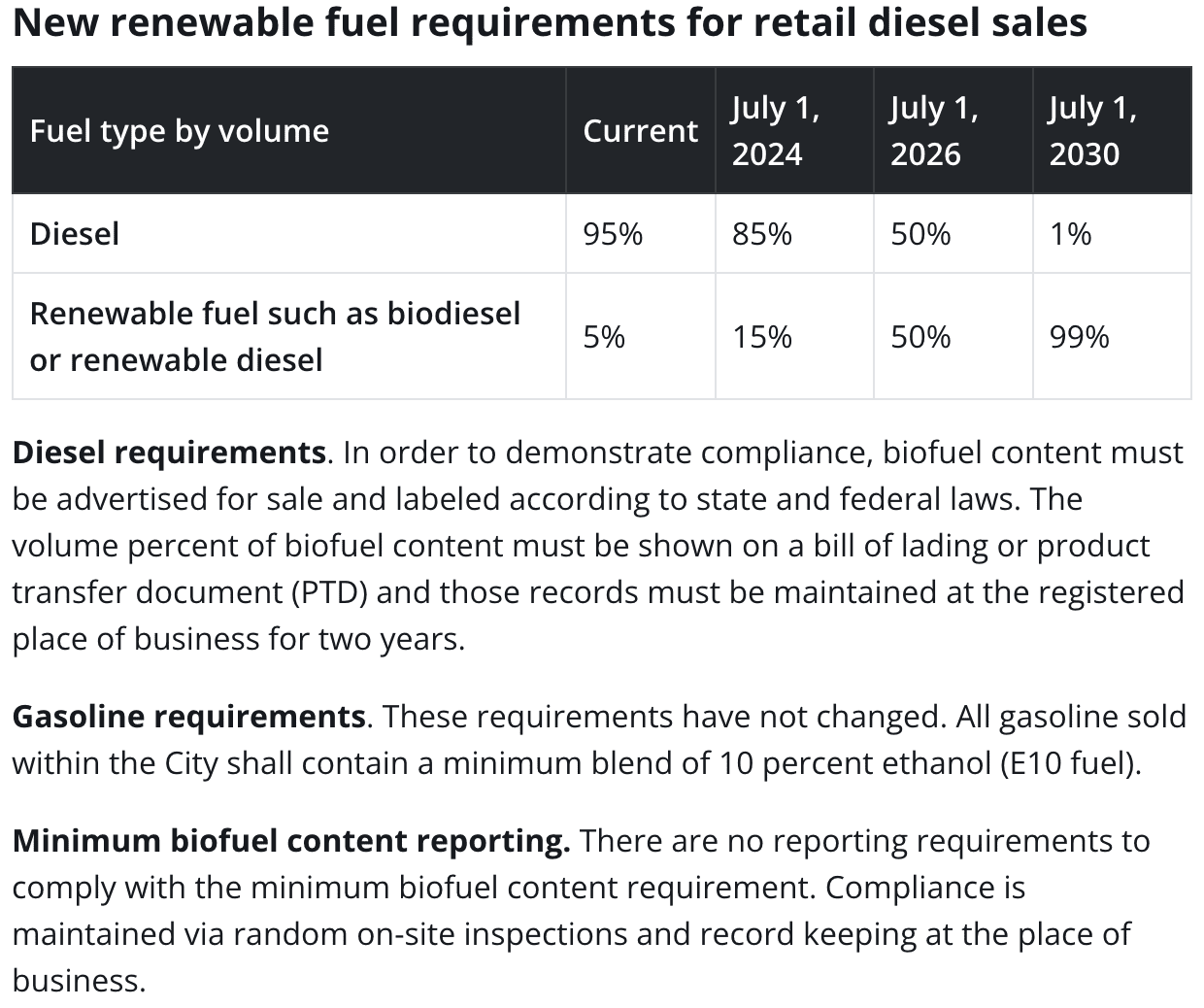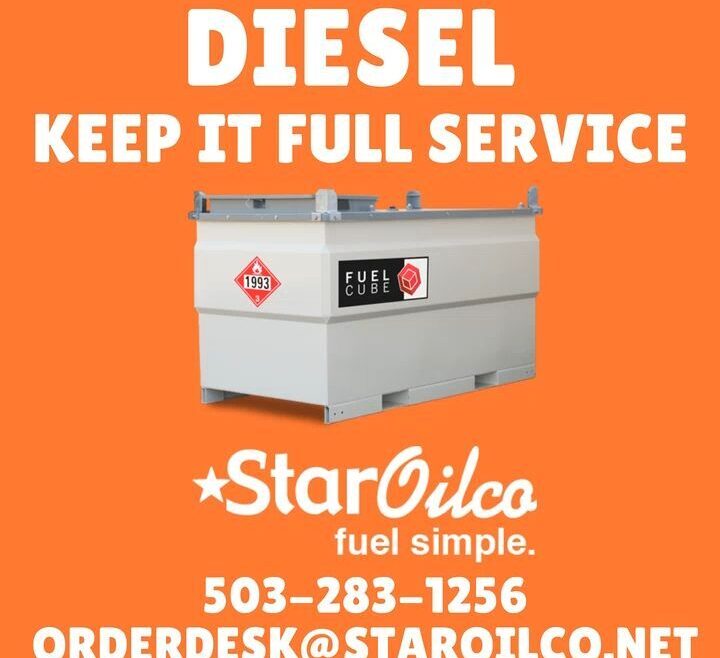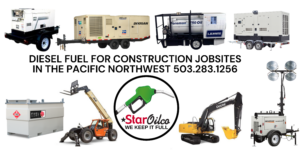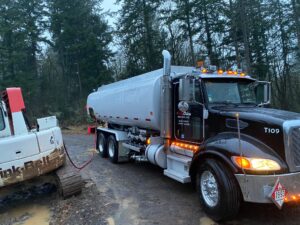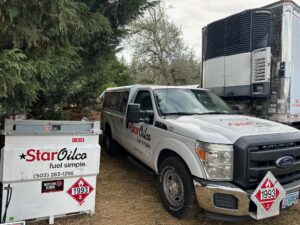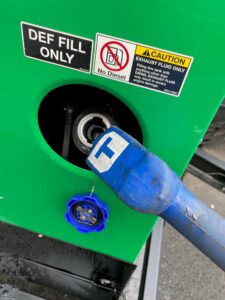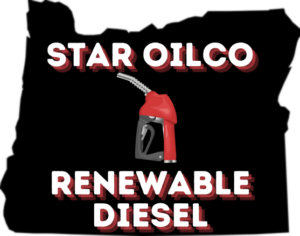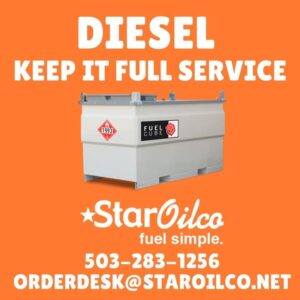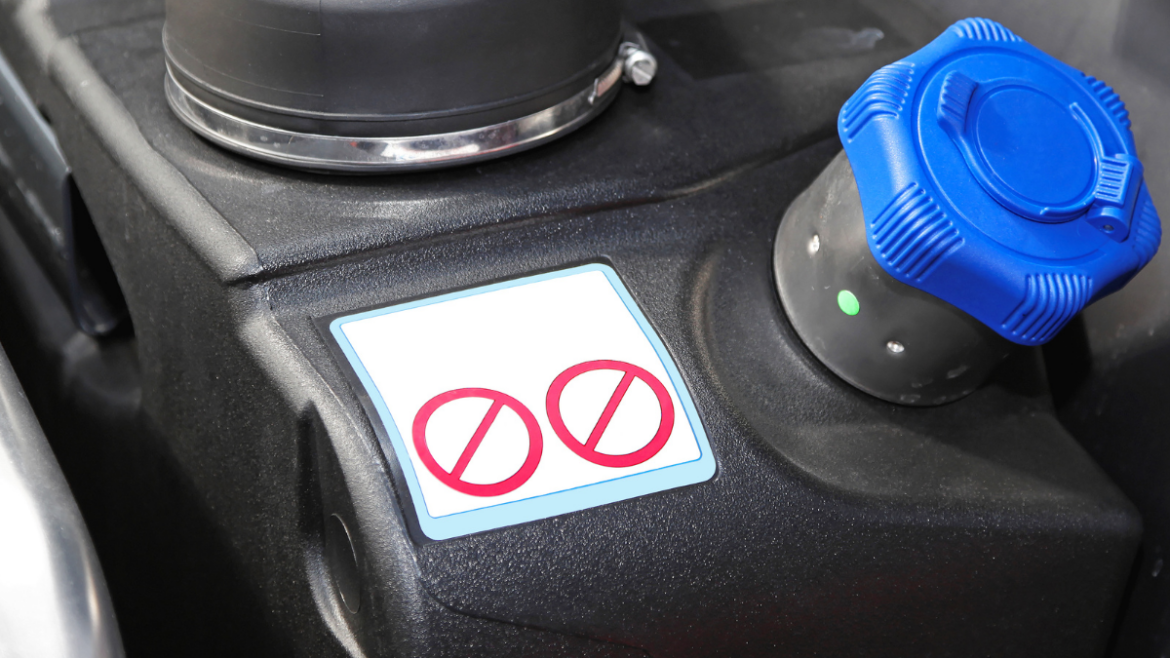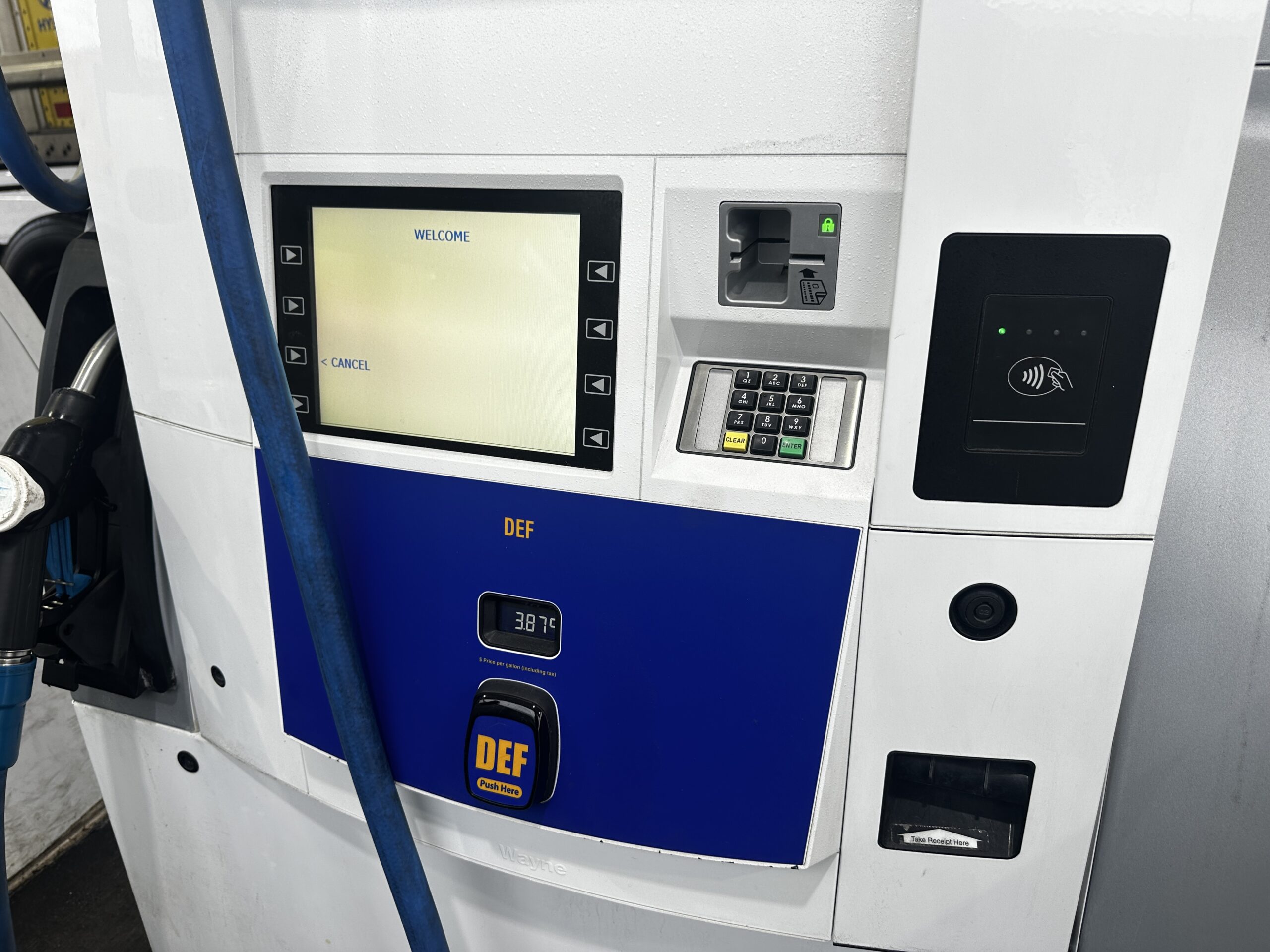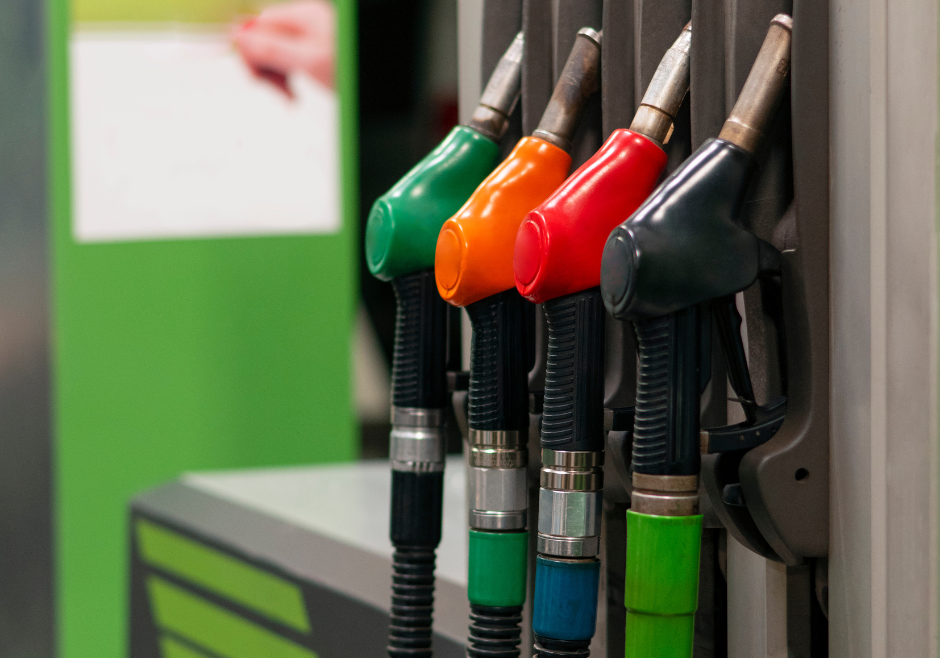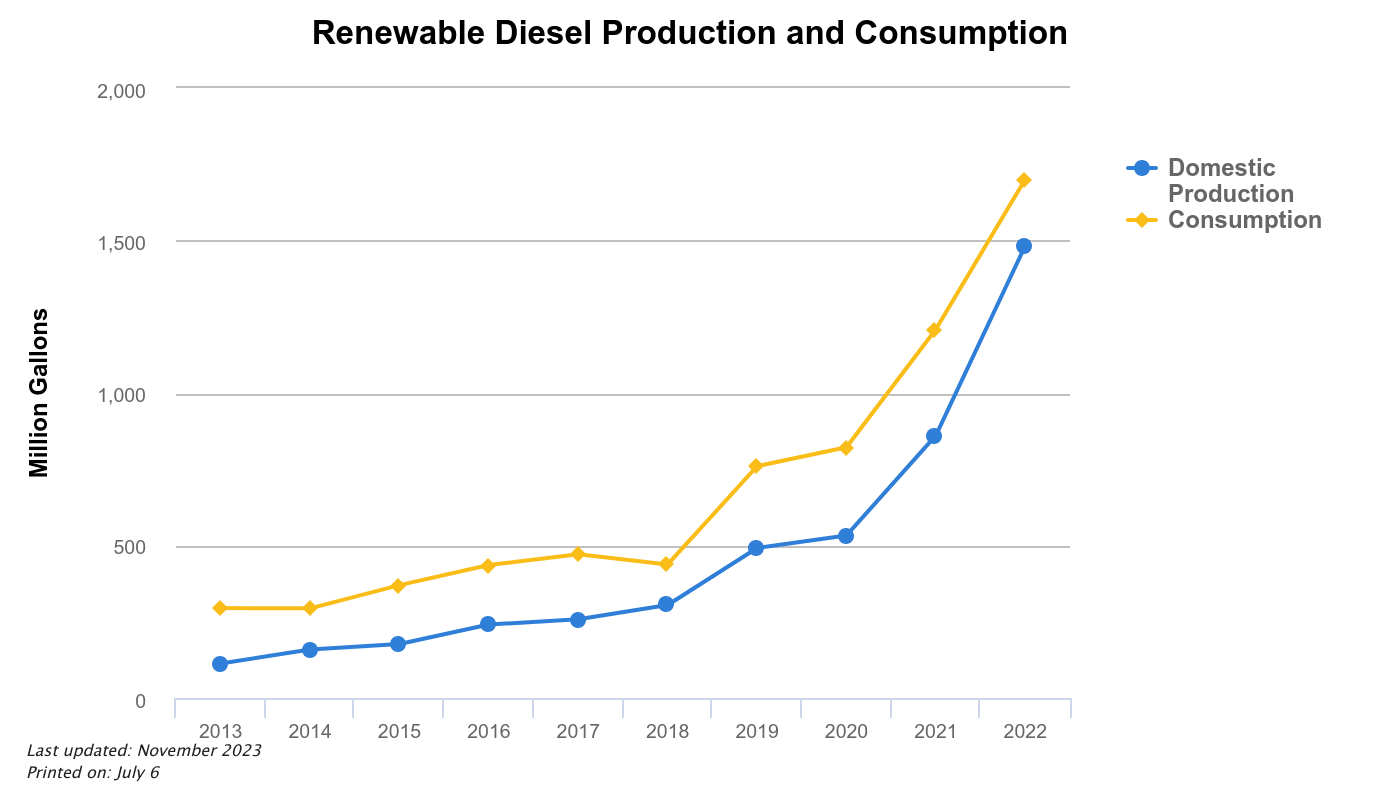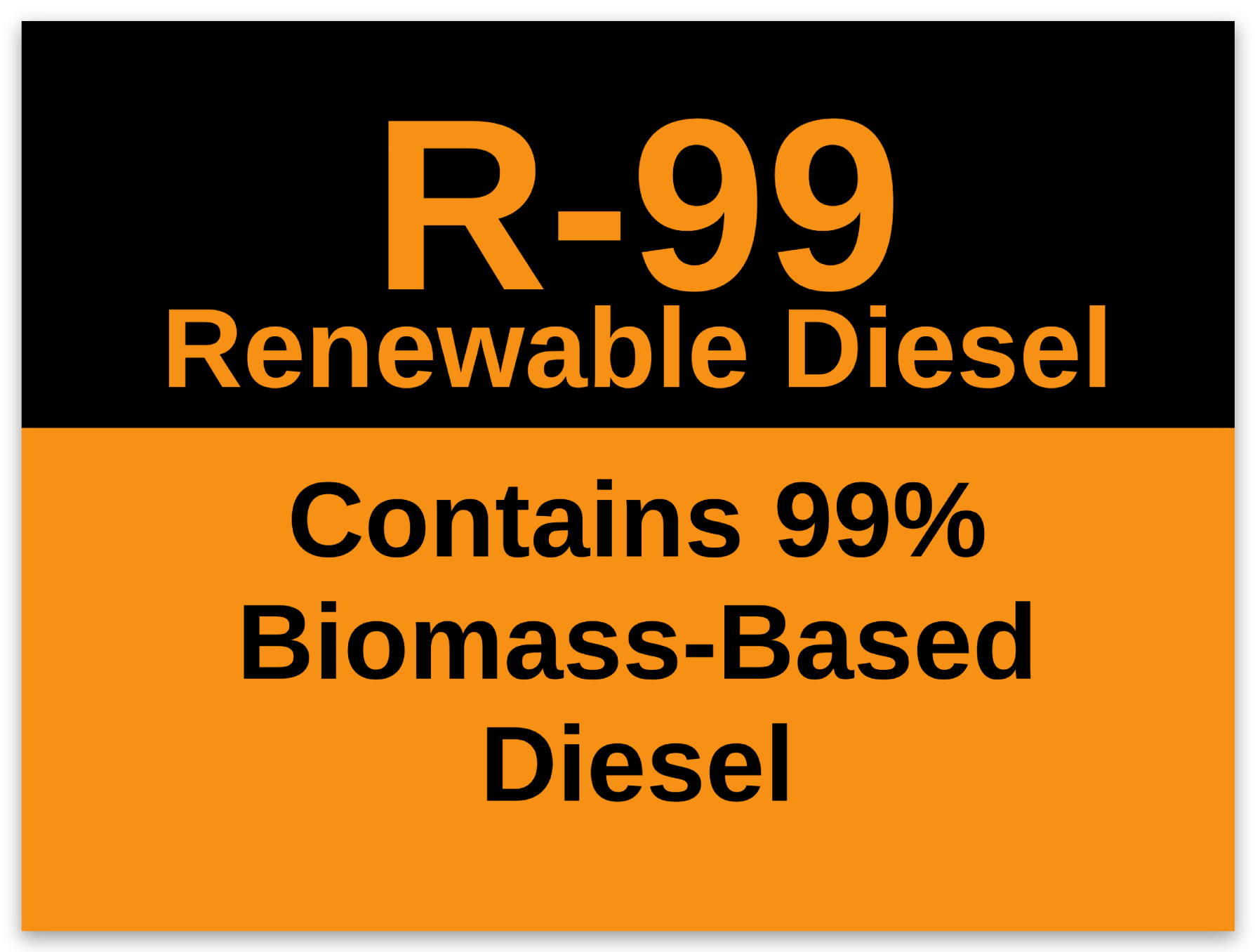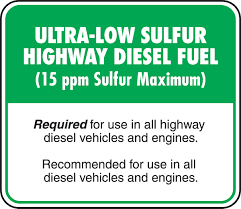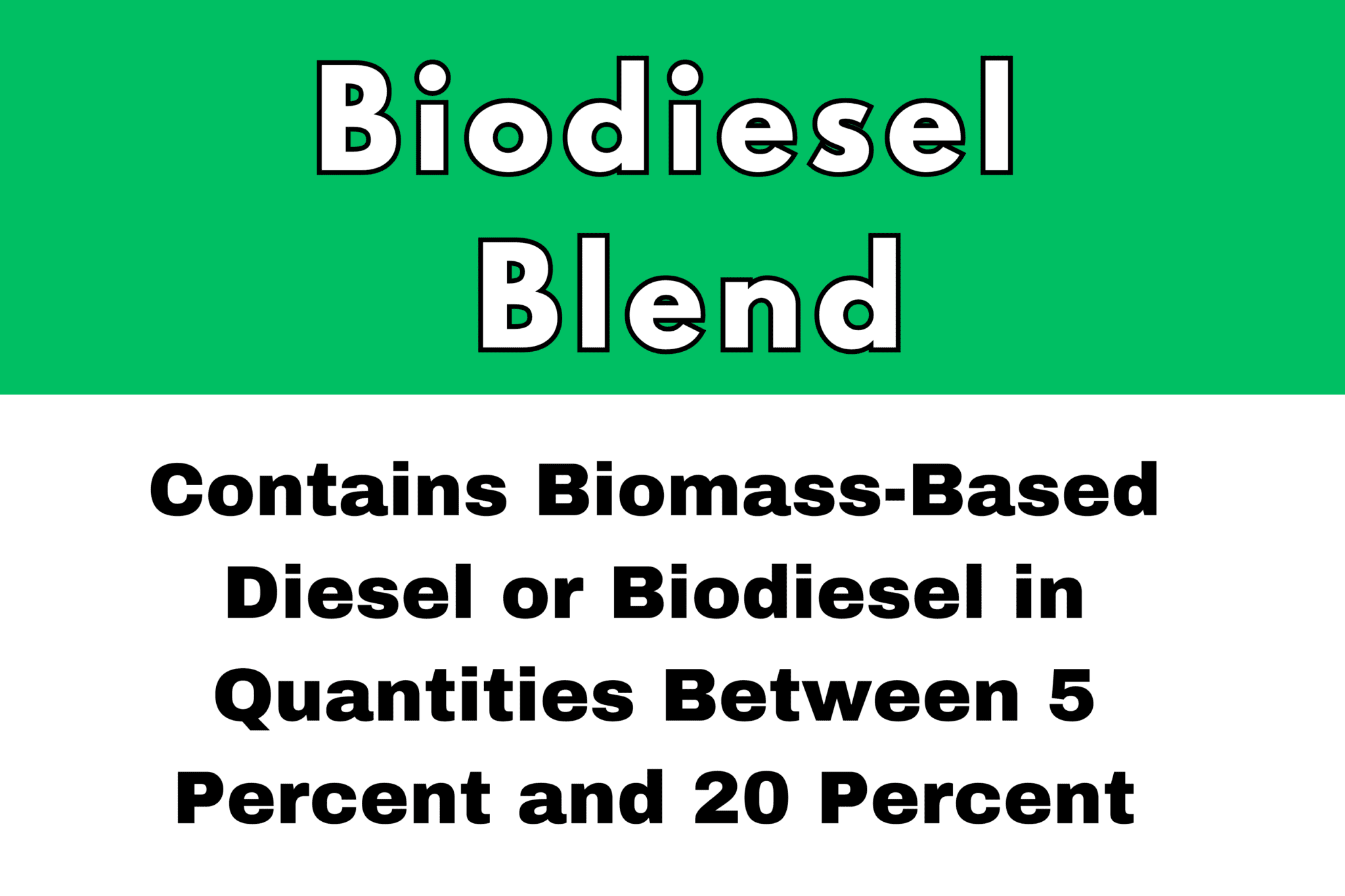Fleet Fueling in Portland, Oregon and Fuel Security
How do you eliminate the management hassles of fueling your fleet in Portland, Oregon?
Use Star Oilco’s Total Solution fueling service.
Stop burning labor costs and dealing with management headaches trying to track fuel in vehicles. Let us simplify this for your administration. We can make that really simple with our Total Fleet Solution. Bulk, Wet-hose Fleet Fueling, and Pacific Pride cardlock when and where you need it.
Seize Control of your Fuel Costs. Save Money. Stop Slippage!
Star Oilco’s best practices when thinking about bulk fuel security at your facility.

Star Oilco is your Fleet Fueling Services Company with solutions to knock out fuel theft.
Mobile Fueling Service, Pacific Pride Cards, and connecting fuel to your HR Policy can save you thousands of dollars a year in the long run.
“Fuel Slippage” is an industry term for the fuel that you can’t account for in the actual course of business. A stolen tank of gasoline on a company fleet card or diesel saddle tank that came up empty without explanation. We are here to help stop slippage in your business.
We have strategies on how to protect yourself from internal theft, how to use prepaid and preset fuel card controls with employees, as well as securing yourself from external theft. This article is about protecting your fleet from physical fuel theft.
Fuel theft is on the rise in the Portland, Oregon area.
In Portland, Oregon with the rise of homeless campers all over our industrial areas, we have seen a increasing fuel theft. Star Oilco can help you knock out fuel theft. For as hard as fleets work to make a dollar, seeing it shrink from the bottom line due to criminal theft is an avoidable scenario. Think ahead, remove opportunity for thieves to steal, and create systems that keep honest people honest.
The biggest preventive measure Star Oilco can provide is total control of what goes into and out of your fleet. If you have a bulk tank, a tank monitor and key control cardlock system is very affordable these days, guaranteeing inventory is kept to the gallon. If you have fleets on the road without a tank please consider using Pacific Pride secured cardlock fueling in combination with Mobile Onsite Refueling of your fleet in your yard.
Stop Fuel Theft: Best Practices for Portland, Oregon

To train your fleet consider the following best practices below:
1 – Educate your people on the dangers and evidence of fuel theft
Fuel thieves usually come back again and again. Make sure your whole team is aware of the mess fuel thieves usually leave behind. Transferring from a saddle tank to their vehicle or container leaves a mess. Also make sure they are aware of unsafe places. Unsecured yards, especially with homeless campers in diesel RV’s, are a prime environment to expose yourself to theft. If you are a refrigerated trailer fleet, make sure your drivers tell your clients that unattended reefer trailers are the favorite hunting ground for fuel thieves and a locking gas cap is not necessarily a deterrent.
2 – Install fences, lighting, security cameras, and work with the local police.
Vehicle yards are a popular target for fuel thieves, so make it as difficult as possible for them to get in unnoticed. Secure fencing and bright lighting make your yard far more visible from the road and less attractive to thieves. Security cameras can act as both a deterrent and an effective way to catch criminals if theft ever occurs. Also, make sure you report theft to the local police to ensure they are tracking activity. It can be discouraging given the scale of the problems in Portland right now, but the data matters. You never know when a fuel thief will get caught for some other crime and the evidence of pumping equipment and containers will tip off the police of the culprit.
3 – Fit bulk tanks with level monitors and inventory control systems.
Inventory control systems are extremely affordable now. Not only is it a convenient tool to track tank levels for your ordering purposes and provide proof that the tank is not leaking for local environmental regulators, it will also tip you off if an odd time of day is seeing fuel drawn. Inventory control systems have also become far more affordable than they were ten years ago. Key control for turning on power to your fuel dispensing system, which will track drivers, and the equipment they are fueling (license plate, equipment number, on-road, off-road, or tax exempt status) will keep you informed.
4 – Defensive parking, landscaping and crash protection.
If it is not easy for someone to get immediately next to the fuel tanks of your vehicles or bulk tank, it is that much harder to steal. Park vehicles in a way that protects and blocks access to someone trying to operate a pump to easily reach your fuel tanks. If you are using on-site refueling, your vendor can suggest some ideas that still enable them access to your saddle tanks without problem.
5 – Communicate with neighbors, vendors, and employees that theft is suspected or definitely occurring.
Many fleets have multiple vendors access their yard at night or over weekends. Make sure those vendors are on your team and on the look out. Tire and fleet fueling services should let you know if a loiterer appears to be in your area in the middle of the night. If a gate has been tampered with or a mess is obvious inside the yard, make sure they are letting you know earlier rather than later. Also, be aware during business hours. Fuel thieves will often scope a yard during the day to target later that night. Take note of anyone acting suspiciously around your yard, perhaps engaging them to find out what they’re doing. Don’t hesitate to ask them what they are doing either. Face to face contact can encourage them to find another place to be a criminal.
If you have any questions or want our perspective we encourage you to reach out.
Contact Form
Advice is always free and helping is why Star Oilco is here.
For more reading on using securing your business from theft:
Star Oilco Fleet Cards to secure yourself from employee fuel theft at gas stations and cardlocks.




